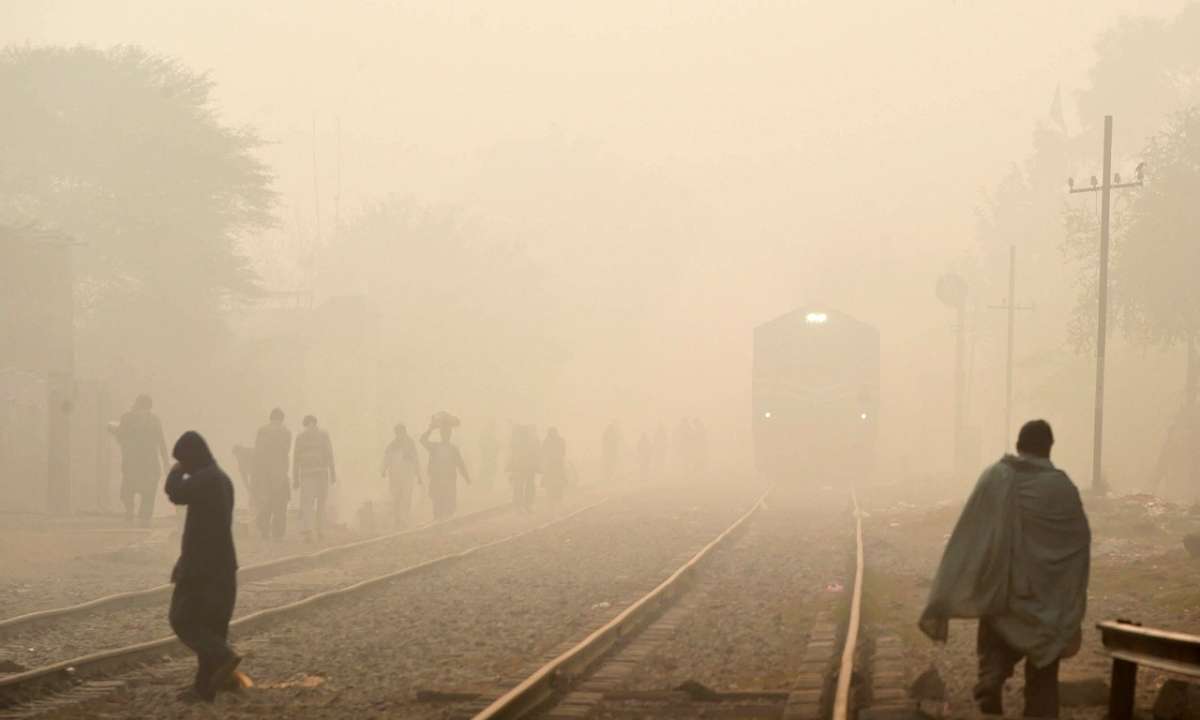Various governments have attempted to implement plans for large storage dams, but political interference has continuously impeded these crucial projects….reports Asian Lite News
Despite Pakistan being inundated by monsoon rains, resulting in widespread water accumulation, the authorities have consistently failed to establish adequate water storage facilities, ARY News reported.
Various governments have attempted to implement plans for large storage dams, but political interference has continuously impeded these crucial projects. Elected representatives, influenced by personal interests, often mismanage development funds, creating a detrimental trend of political involvement in municipal tasks that are better suited for local governments.
This shortsighted approach has particularly harmed the creation of water storage facilities in the country.
Water distribution remains a contentious issue in Pakistan, marked by a lack of effective negotiation and cooperation between federating units. The historical opposition to the Mangla Dam in the 1960s by Mirpur residents exemplifies the challenges, requiring resettlement efforts and migrations to address the concerns of affected communities, ARY News reported.
Similar concerns and prolonged discussions surrounded projects like Tarbela, Ghazi Barotha, and Neelum-Jhelum. Patient negotiation, a rare trait in Pakistani national psyche, has proven effective in instances such as the Water Accord of 1991, leading to the establishment of IRSA.
The political inertia, however, often hampers progress, as seen with the Diamer-Bhasha Dam (DBD) project, delayed for eight years after receiving approval from the Council of Common Interests. Despite its potential benefits, political opposition and unnecessary bundling with Dasu Dam stalled progress.
Ensuring water rights as guaranteed by the Water Accord 1991, addressing seawater intrusion in the Sindh Delta, and implementing effective measures to conserve water through dams, dykes, and embankments are crucial steps. Levying charges on hydel profits to reimburse construction costs and encouraging responsible water usage in agriculture, particularly for high-water crops like sugarcane and rice, are essential.
Removing impediments to water storage is imperative to harness the abundance of rainwater that often goes to waste in Pakistan, ARY News reported. (ANI)













